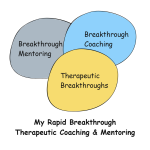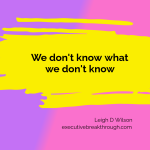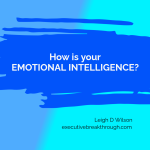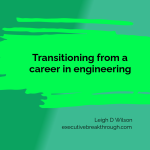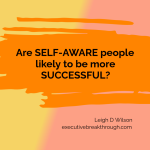Leigh D Wilson
Did you know that one of the most dangerous things you could do to your body is to subject it to prolonged and chronic stress and anxiety That’s amazing isn’t it!
That’s because, although our bodies were designed to deal with stress short-term stress such as being chased by an animal or an enemy or something back in primitive times, they weren’t really designed to deal with prolonged ongoing chronic stress that we deal with in this day and age.
So, it’s as if we’ve got an alarm that’s been turned on and we can’t it off, so we’re our bodies are having to deal with this alarmed situation constantly. The chemicals that are released to help us in a flee-or-fight situation are not appropriate for a chronic stress as they’re harmful to us in the long-term.
So it’s very important to develop ways of reducing your levels of stress. Now, I talk about this quite a lot in my posts on the various platforms but very often there’s a level of this stress that’s caused at an unconscious level, often about something that might have happened very early in your life that you can’t remember because it’s unconscious.
Because of this, I can help people and one of the ways that I do this is by specializing in helping people with their inner struggles problems such as stress, anxiety, overwhelm, procrastination, self-worth issues, feeling not good enough, imposter syndrome and so on and I’ve developed techniques to help people very quickly let go of these unconscious unconscious hooks that are like knots in their thinking that are causing them to hang on to unnecessary Stress and Anxiety.
So if you’re interested in in working with me to let these things go, let’s have a chat. You’ll find links on my various platforms and we can have a chat to see what I can do to help you. I’ve helped many people already are probably I’m pretty sure I’ll be able to help you. 🙂
Edited transcript

